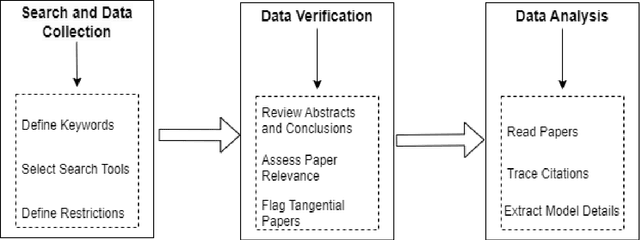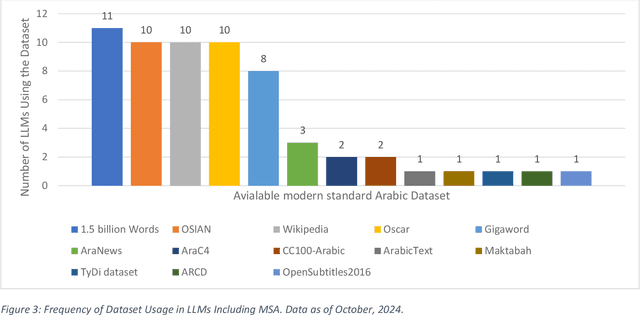A Survey of Large Language Models for Arabic Language and its Dialects
Paper and Code
Oct 26, 2024



This survey offers a comprehensive overview of Large Language Models (LLMs) designed for Arabic language and its dialects. It covers key architectures, including encoder-only, decoder-only, and encoder-decoder models, along with the datasets used for pre-training, spanning Classical Arabic, Modern Standard Arabic, and Dialectal Arabic. The study also explores monolingual, bilingual, and multilingual LLMs, analyzing their architectures and performance across downstream tasks, such as sentiment analysis, named entity recognition, and question answering. Furthermore, it assesses the openness of Arabic LLMs based on factors, such as source code availability, training data, model weights, and documentation. The survey highlights the need for more diverse dialectal datasets and attributes the importance of openness for research reproducibility and transparency. It concludes by identifying key challenges and opportunities for future research and stressing the need for more inclusive and representative models.
 Add to Chrome
Add to Chrome Add to Firefox
Add to Firefox Add to Edge
Add to Edge